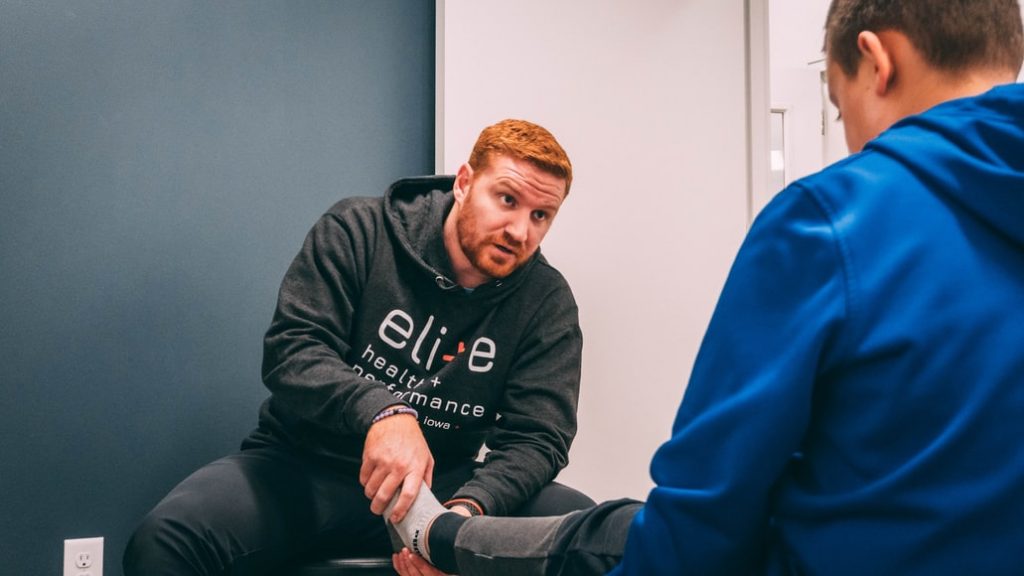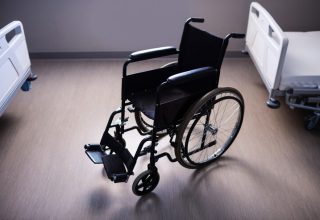How to Help Recovering Addicts Reintegrate Into Society
Recovery from addiction is a life-long process. People recovering from drug or alcohol addiction have high tendencies to relapse if they encounter specific triggers. One common trigger that contributes to relapse is withdrawal symptoms.
Withdrawal symptoms are abnormal psychological and physical signs after a person suddenly stops using an addictive substance. They include muscle pain, anxiety, sweating, vomiting, and restlessness. Other relapse triggers are depression, being in places where people use drugs, poor self-care, overconfidence in sobriety, and isolation.
After a loved one leaves a drug and alcohol rehab, they require support and care to stay on a straight path and be a good member of society. A sound social support system is a powerful force in addiction recovery. It makes recovering addicts feel safe and gives them a sense of inclusion, purpose, and optimism about the future.
Social support also helps them reintegrate into society, reduces their stress levels, decreases isolation, shame, and the likelihood of a relapse. Here are ways to help loved ones reintegrate into society.
Contents
Learn about Addiction, Recovery, and Relapse

The subject of addiction is complex, and relapse can happen periodically. Therefore, you need to educate yourself about addiction, know the warning signs of relapse and learn how to address them early. The warning signs for relapse differ from person to person. So, remember those peculiar to your loved one to equip you to handle them if they appear.
Actively listen to your loved ones to know their struggles and celebrate their victories in the recovery journey. Most times, recovering addicts feel judged by their friends and family. So, they need to feel you accept them without judgment before they can open up to you. Therefore, don’t be negative towards them and avoid criticizing them.
Prepare for Long-term Problems
Although sobriety improves most issues that arise from addiction, some of the challenges will linger during recovery. Your loved one may have run into financial problems and may need support in paying off addiction-related debt and rebuilding their career.
Also, they may be dealing with permanent health issues that result from their addiction, such as HIV. Therefore, you should prepare for these problems so that they’ll be easier to handle. Also, don’t hold unreasonably high expectations for your loved ones recovering from substance addiction. Sometimes, long after you think they’ve totally recovered, they may relapse. If this happens, tell them that you still believe in them, so they don’t feel hopeless and give up entirely.
Suggest Participation in Peer Support Groups
In a peer support group, your loved one can meet other recovering addicts with whom they can share their experiences and learn from. There are various support groups, such as Narcotics Anonymous (NA) and Alcoholics Anonymous (AA).
Your loved ones will feel understood and supported in such groups when they hear other peoples’ experiences and struggles with addiction recovery. Also, they’ll find role models who succeeded in breaking free from addiction. This will give them a sense of hope when they feel depressed. They’ll especially benefit from support groups if they have few friends or if the people they once associated with are still hooked on drugs or other addictive substances.
Encourage Abstinence from Addictive Substances
Being around addictive substances can trigger relapse in recovering addicts. So, encourage your loved ones to stay away from every addictive substance, including those they weren’t addicted to. You can promote abstinence by being vocal about your belief that abstinence is pivotal to recovery.
Support them in building relationships with other people who believe in abstinence. Also, encourage them to engage in sober recreational activities like swimming, gardening, writing, poetry, painting, sports, cooking, and photography. Help them stay away from social gatherings where substance use is common such as nightclubs.
Help Them Follow Treatment Plans

The treatment recommendations for rehabilitation usually combine various services to meet each patient’s needs. They often include pharmacological therapy, vocational rehabilitation, family, group, and individual therapy. After your loved one leaves rehab, they’ll need support in following their treatment plan. There may be times when they feel demoralized or unmotivated about their treatment recommendation. Also, they may find it challenging to keep track of appointments.
You can help your loved ones by reminding them to take their prescribed medications and keep to all recommended therapy sessions. If they’re doubtful about the value of some treatment services, address their concerns by talking about the treatment benefits. Also, encourage them to discuss such doubts in peer support groups so they can be addressed.
Read Also:
- Why Sleeping Pills Aren’t A Long-Term Solution To Insomnia?
- How Watching Adult Content is Impacting Family Life
- Chill Pill Review, Ingredients, Benefits, Side Effects, Cost & Is It Safe?
- The Risks Of Smoking E-Cigarettes



